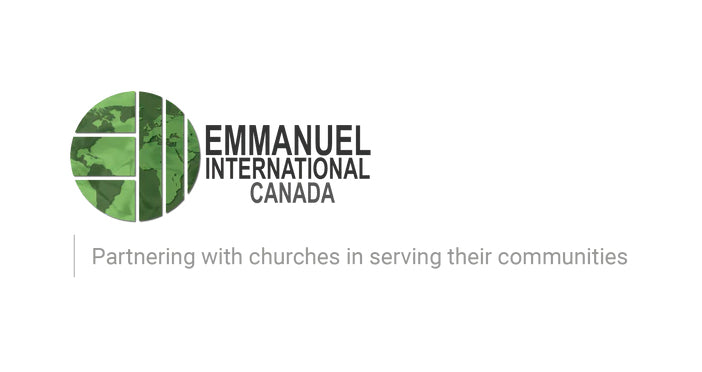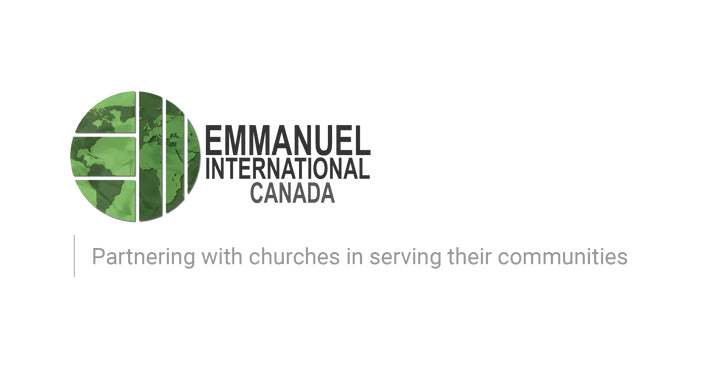Richard McGowan Executive Director Emmanuel International
Canada (EIC) reports The Water and Sanitation project in Malawi (Zomba and Machinga District), has been completed and funded. This project sought to achieve strengthened health and productivity for 92 rural poor communities in directly improving the lives of women and children.”
Some communities were collecting water as far as 5km away before the new water points were installed or repaired. The average distance to walk for all the communities combined is now only 700m. New water points provide great relief in their ability to access clean water. People are now benefiting from the activities undertaken by this project. With an average household size of more than 5 people consuming 20L each per day, and an average bucket size of 20L, a lot of time being is being saved travelling to collect water every day.
Focus groups with communities have shown that as a result of reduced time collecting water, women have been able to increase this time for farming, business, or collection of firewood. Improved hygiene and sanitation facilities have provided the opportunity for people, especially women to engage in more productive activities.
In addition, more than 16,000 children at 12 schools now have access to safe, clean toilet facilities which contributes directly to increased access to education. We have seen an increase in attendance and enrollment, especially with young girls.
The majority of schools where work was undertaken had no toilets or only a few on site. This created major challenges both in the hygiene and sanitation at the schools, as well as posing a security threat for children seeking privacy. The new
toilets provide a safe and secure place for all the children and greatly improve the sanitation conditions surrounding the school. 12 Primary schools were provided with 132 toilets, hand washing facilities, soap, brushes, brooms and mops to ensure the toilet facilities are maintained and kept clean.
In the final quarter of the project The Ministry of Education in Malawi approached us with an urgent request to repair 2 additional school boreholes at schools that had become dysfunctional and left more than 4500 teachers and students with no access to water at the school. We were able to achieve this goal for the Ministry within budget and repair the 2 boreholes in a timely manner.
I thank you for your support of this project. As a result of this success we have been able to start a new project in the same area focusing on Maternal Health.
Canada (EIC) reports The Water and Sanitation project in Malawi (Zomba and Machinga District), has been completed and funded. This project sought to achieve strengthened health and productivity for 92 rural poor communities in directly improving the lives of women and children.”
Some communities were collecting water as far as 5km away before the new water points were installed or repaired. The average distance to walk for all the communities combined is now only 700m. New water points provide great relief in their ability to access clean water. People are now benefiting from the activities undertaken by this project. With an average household size of more than 5 people consuming 20L each per day, and an average bucket size of 20L, a lot of time being is being saved travelling to collect water every day.
Focus groups with communities have shown that as a result of reduced time collecting water, women have been able to increase this time for farming, business, or collection of firewood. Improved hygiene and sanitation facilities have provided the opportunity for people, especially women to engage in more productive activities.
In addition, more than 16,000 children at 12 schools now have access to safe, clean toilet facilities which contributes directly to increased access to education. We have seen an increase in attendance and enrollment, especially with young girls.
The majority of schools where work was undertaken had no toilets or only a few on site. This created major challenges both in the hygiene and sanitation at the schools, as well as posing a security threat for children seeking privacy. The new
toilets provide a safe and secure place for all the children and greatly improve the sanitation conditions surrounding the school. 12 Primary schools were provided with 132 toilets, hand washing facilities, soap, brushes, brooms and mops to ensure the toilet facilities are maintained and kept clean.
In the final quarter of the project The Ministry of Education in Malawi approached us with an urgent request to repair 2 additional school boreholes at schools that had become dysfunctional and left more than 4500 teachers and students with no access to water at the school. We were able to achieve this goal for the Ministry within budget and repair the 2 boreholes in a timely manner.
I thank you for your support of this project. As a result of this success we have been able to start a new project in the same area focusing on Maternal Health.



Leave a comment
This site is protected by hCaptcha and the hCaptcha Privacy Policy and Terms of Service apply.